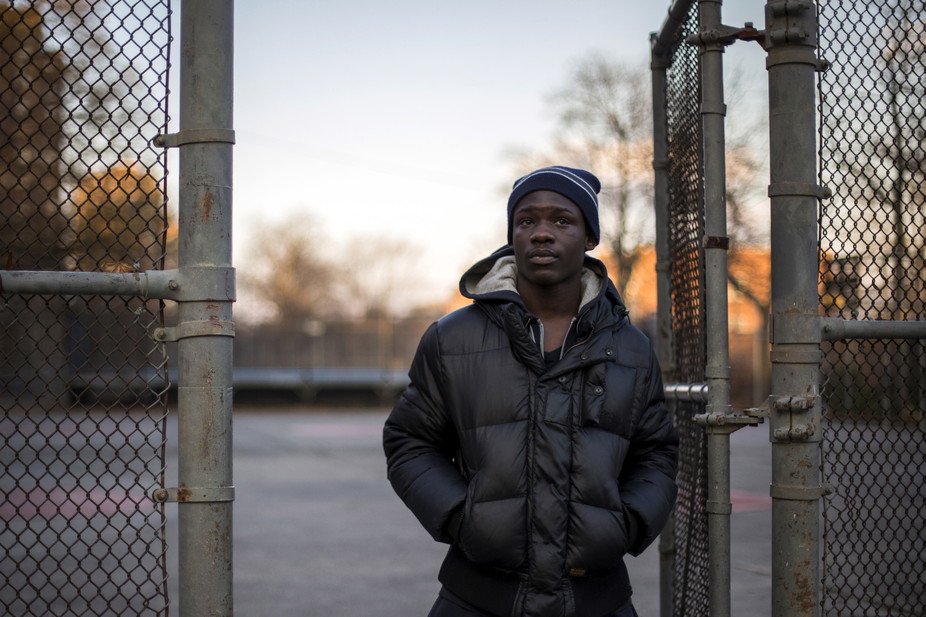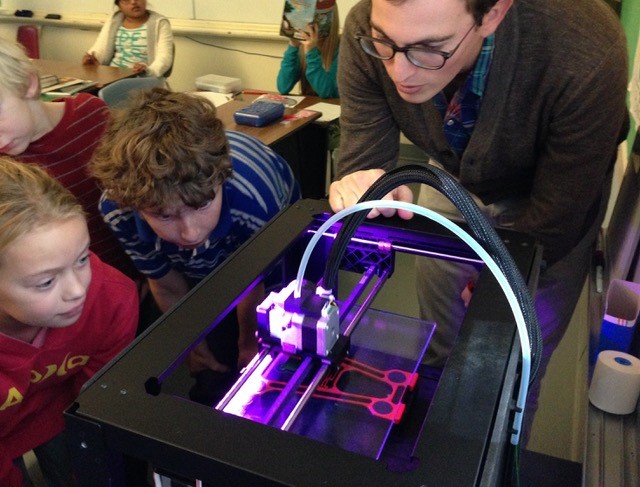Zero tolerance laws increase suspension rates for black students

F. Chris Curran, University of Maryland, Baltimore County
The State Senate of Michigan is currently considering legislation that would scale back “zero tolerance” discipline policies in the state’s public schools.
Zero tolerance discipline laws require automatic and generally severe punishment for specified offenses that could range from possessing weapons to physical assault. They leave little leeway for consideration of the circumstances of the offense.
The bill, already approved by the State House, proposes to add provisions that would consider the contextual factors around an incident, such as the student’s disciplinary history, and would ask whether lesser forms of punishment would suffice.
In other words, suspension and expulsion would no longer be as “mandatory” and there would be a little more “tolerance” in these state discipline laws.
As a researcher of education policy and school discipline, I would highlight that these revisions, some of which have been passed in other states, represent a significant change of course for state school discipline law.
In fact, my recent work and that of others suggests that the shift away from zero tolerance approaches is for the better.
Why zero tolerance policies were introduced
Throughout the 1990s, the number of states with zero tolerance laws, those requiring suspension or expulsion for specified offenses, increased significantly.
The rapid adoption of such laws was spurred in part by the passage of the 1994 Gun-Free Schools Act, federal legislation that required states to adopt mandatory expulsion laws for possessing a firearm in school.
These safety concerns were further heightened by the shooting that took place at Columbine High School, a public high school in Littleton, Colorado.
Following Columbine, by the early 2000s, nearly every state had a zero tolerance law in place. Many of these laws expanded beyond firearms to include other weapons, physical assaults and drug offenses.
Push back against zero tolerance
Clearly, such zero tolerance laws were meant to improve the safety and order of the school environment. However, in recent years, they have been seen as being overly prescriptive and as contributing to racial disparities in school discipline.
For instance, there are cases of students being suspended for accidentally bringing a pocketknife to school. In one high-profile case, a student was suspended for chewing a pastry into the shape of a gun.

Black kids are suspended at a higher rate. Children image via www.shutterstock.com
Additionally, federal data show that black students are suspended at rates two to three times higher than their white peers.
As a result, in 2014, the U.S. Department of Justice and Department of Education issued a joint “Dear Colleague” letter directed to public school districts. The letter was a call for reductions in the use of suspensions and expulsions and, instead, for a focus on ensuring the fair use of school discipline for students of all backgrounds.
Here’s what new research shows
In a newly published study, I explored the implications of state zero tolerance laws – laws that require school districts to adopt zero tolerance policies.
In particular, I sought to find out if they contributed to increased use of suspensions and if they led to racial disparities. Given claims by proponents of such laws that they increase the safety and order of the school overall, I also wanted to see if these laws contributed to decreases in perceptions of problem behaviors in the school as a whole.
I used national data collected by the U.S. Department of Education as part of the Civil Rights Data Collection and the Schools and Staffing Survey. The sample included thousands of school districts and principals spanning the late 1980s to the mid-2000s.
The study revealed three important findings.
First, the study showed that state laws requiring schools to have zero tolerance policies increased suspension rates for all students. Second, suspension rates increased at a higher rate for African-American students, potentially contributing to racial disparities in discipline. Finally, principals reported few decreases in problem behaviors in schools, suggesting that the laws did not improve the safety and order of schools.
The findings, in context
The findings show that the adoption of state zero tolerance laws result in increases in district suspension rates. For the average-sized district, such laws resulted in approximately 35 more suspensions per year.
Though this number may seem small, the potential impact is quite large.
A recent study by researchers at UCLA, for example, suggests that a one percentage point reduction in the suspension rate nationally would result in societal gains of over US$2 billion through reduced dropout and increased economic productivity. In short, state zero tolerance laws may be imposing significant financial costs on society.

Burden of zero tolerance laws is not shared equally. Boy image via www.shutterstock.com
Furthermore, the burden of these costs are not equally shared across all groups.
The results of my study suggest that the increase in suspension rates for black students as a result of these laws is approximately three times the size of that for white students.
Coupled with other research that finds links between zero tolerance policies and racial disparities, this finding demonstrates that these laws, though supposedly neutral with regard to race, are disproportionately impacting students of color.
Recent data released by the U.S. Department of Education’s Office for Civil Rights also point to persistent disparities by race in the use of school discipline.
No reduction in misbehavior
Proponents of zero tolerance discipline have argued that the use of suspensions and expulsions increases the safety and order of the learning environment as a whole. My study found evidence to refute the claim.
In my data set, principals rated the degree to which various behavior problems (i.e., fighting, disrespect, use of drugs, weapons) were problems in their schools.
I found that, in the view of principals, the presence of a state zero tolerance law did not decrease their rating of the degree to which these various behaviors are problems. In other words, state zero tolerance laws did not appear to be contributing to improved levels of safety and order overall.
What the results mean for policy and practice
Students, parents and other stakeholders have an expectation that schools should be safe and orderly environments that treat all students equitably. While it is imperative that schools take active steps to achieve these goals, the findings of my work call into question whether state zero tolerance discipline laws are the most effective way to do so.
While suspension and expulsion may still be appropriate tools in some circumstances, it is important for schools to consider context, and states to allow such discretion, in the administration of school discipline. Furthermore, it is important to have safeguards in place to ensure that such discretion is utilized equitably for students of color, who too often experience disproportionate disciplinary exclusion.
The revised disciplinary laws under consideration in Michigan and similar revisions to school disciplinary policies in other states represent more promising steps to ensuring effective and fair school discipline.
![]()
F. Chris Curran, Assistant Professor of Public Policy, University of Maryland, Baltimore County
This article was originally published on The Conversation. Read the original article.





